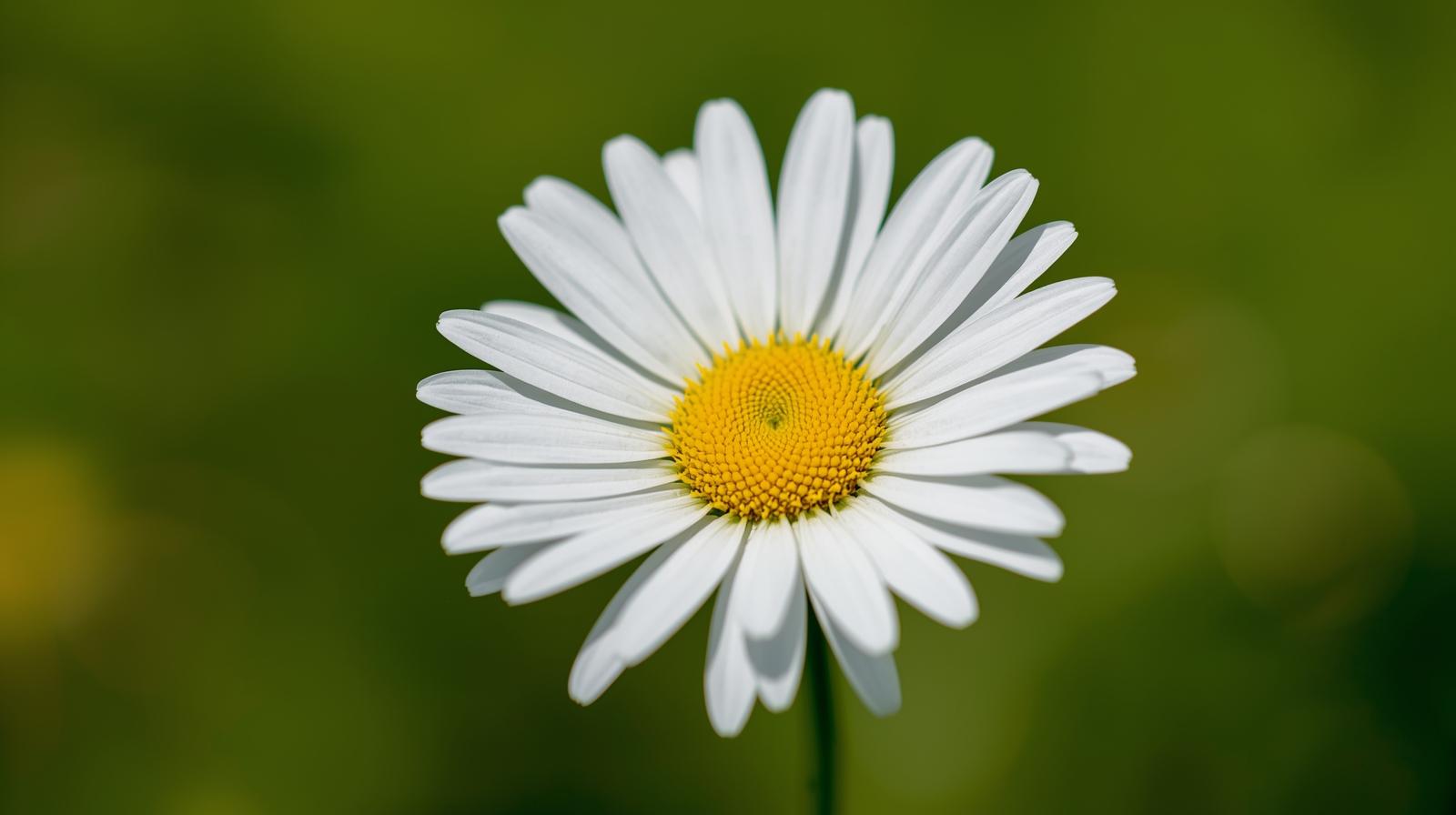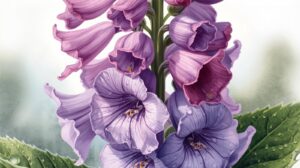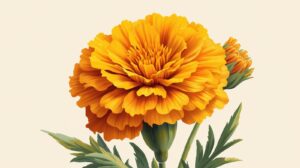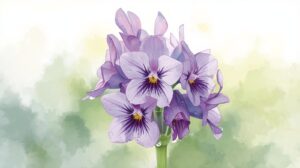January Birth Flower
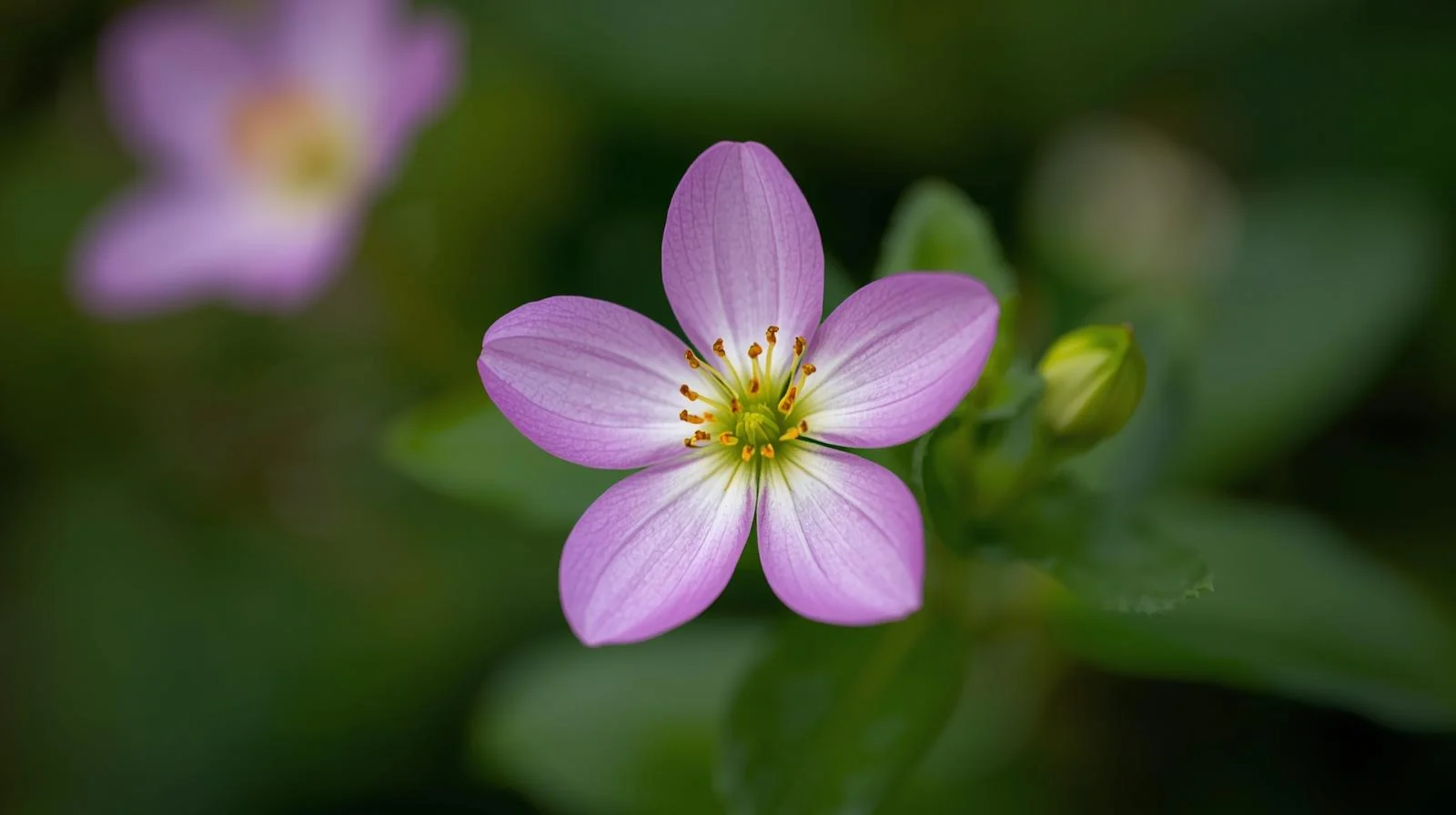
The Meaning Behind the January Birth Flower: A Comprehensive Guide
The January birth flower is the Carnation, a beautiful bloom known for its ruffled petals and sweet fragrance. It holds a special significance that resonates with those born in this cold winter month. The Carnation is not just a flower; it embodies a variety of meanings and symbolizes deep emotions, making it a popular choice for bouquets and floral arrangements.
- The Meaning Behind the January Birth Flower: A Comprehensive Guide
- Celebrate January with the Beautiful Birth Flower: Carnation
- January Birth Flower Insights: Why Carnations Are Special
- Unveiling the History of the January Birth Flower
- How the January Birth Flower Represents New Beginnings and The Top 5 Facts About the January Birth Flower
One of the primary meanings associated with the Carnation is love and fascination. This flower has been a symbol of love since ancient times, often used in romantic gestures and celebrations. Additionally, different colors of Carnations convey various messages; for instance, red represents deep love, while pink symbolizes a love that is eternal. This diversity adds a unique quality to the January birth flower, allowing it to express a spectrum of sentiments.
| Color | Meaning |
|---|---|
| Red | Deep love and admiration |
| Pink | Gratitude and eternal love |
| White | Pure love and good luck |
| Yellow | Disappointment and rejection |
The significance of the January birth flower extends beyond personal emotions; it is also linked to the notion of resilience and strength. Just as the Carnation blooms even in the cold of winter, individuals born in January are often seen as strong and persistent, capable of overcoming challenges. This symbolism makes the Carnation an inspiring flower that reflects the character of those born in this month.

In summary, the January birth flower, the Carnation, is a rich symbol of love, strength, and resilience. Its various colors encapsulate different emotions, making it a versatile flower that speaks to many experiences. Understanding the meaning and significance of the Carnation can enhance the appreciation for this beautiful bloom and its connection to those born in January.
Celebrate January with the Beautiful Birth Flower: Carnation
As we embrace the new year, January brings with it the vibrant and versatile carnation, the designated birth flower of the month. Known for its ruffled petals and wide range of colors, the carnation symbolizes love, fascination, and distinction. With its rich history and cultural significance, the carnation offers more than just beauty; it carries deep meanings and a variety of uses, making it a perfect floral representation for those born in January.
January Birth Flower Insights: Why Carnations Are Special
Carnations, scientifically known as Dianthus caryophyllus, are renowned for their long-lasting blooms and delightful fragrance. They come in numerous colors, each conveying a different sentiment. For instance, red carnations symbolize admiration and love, while pink carnations represent a mother’s undying love. White carnations are often associated with purity and good luck, making them a popular choice for celebrations and special occasions. This diversity makes carnations an ideal gift for birthdays and other milestones, especially for those celebrating in January.
Unveiling the History of the January Birth Flower
The history of the carnation is as colorful as its blooms. Originating from the Mediterranean region, carnations have been cultivated for over 2,000 years, with their use tracing back to ancient Greek and Roman times. They were often used in ceremonial garlands and as a symbol of love in art and literature. Throughout the centuries, carnations have also held significance in various cultures, with their presence in festivals and traditions across the globe. Today, they are cherished in floral arrangements and bouquets, continuing to symbolize affection and admiration.
| Color | Symbolism | Meaning |
|---|---|---|
| Red | Admiration | Deep love and passion |
| Pink | Affection | A mother’s love and gratitude |
| White | Purity | Good luck and innocence |
| Yellow | Disappointment | Friendship and joy |
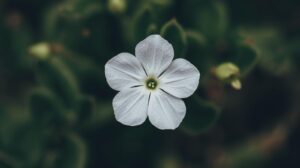
In conclusion, as you celebrate January, consider the beauty and significance of the carnation. Whether gifting them to a loved one or incorporating them into your own celebrations, these flowers carry with them a legacy of love and admiration that transcends time and culture. Let the carnation be a reminder of the bonds we cherish and the new beginnings that come with the dawn of a new year.
How the January Birth Flower Represents New Beginnings and The Top 5 Facts About the January Birth Flower
The January birth flower is the carnation, a beautiful bloom that embodies the spirit of new beginnings and fresh starts. As we step into a new year, the carnation serves as a reminder of the potential for growth and renewal. This flower is often associated with love, fascination, and distinction, making it a meaningful symbol for those born in January. The vibrant colors of the carnation, ranging from deep red to soft pink, reflect the diverse emotions and experiences that come with the start of a new chapter in life.
Here are the top five facts about the January birth flower that highlight its significance:
| Fact Number | Fact |
|---|---|
| 1 | Carnations are often used in floral arrangements and bouquets, making them a popular choice for celebrations and significant life events. |
| 2 | The carnation symbolizes a variety of feelings depending on its color, such as red for love, pink for gratitude, and white for purity. |
| 3 | This flower has a long history, dating back to ancient Greece and Rome, where it was used in religious ceremonies and as a symbol of admiration. |
| 4 | Carnations are known for their longevity and can last up to two weeks when properly cared for, representing enduring love and commitment. |
| 5 | In the language of flowers, carnations convey messages of love and fascination, making them a thoughtful gift for birthdays, anniversaries, and special occasions. |
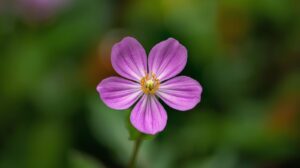
In summary, the January birth flower, the carnation, beautifully represents the essence of new beginnings. Its rich symbolism and diverse meanings make it a perfect flower for those celebrating their birthday in January. Whether given as a gift or used in decorations, carnations carry a message of love and renewal that resonates well with the spirit of a new year.
The January birth flower is the Carnation, which symbolizes love, fascination, and distinction.
In addition to the Carnation, the Snowdrop is also associated with January, representing hope and new beginnings.
Carnations have various meanings depending on their color; for instance, pink carnations symbolize a mother’s undying love, while red carnations represent admiration and deep love.
The Snowdrop is often seen as a symbol of purity and the promise of spring, making it a hopeful flower for the cold month of January.
You can use January birth flowers, like Carnations or Snowdrops, in bouquets, arrangements, or as part of a thoughtful gift for someone with a January birthday to convey your best wishes and celebrate their special day.
